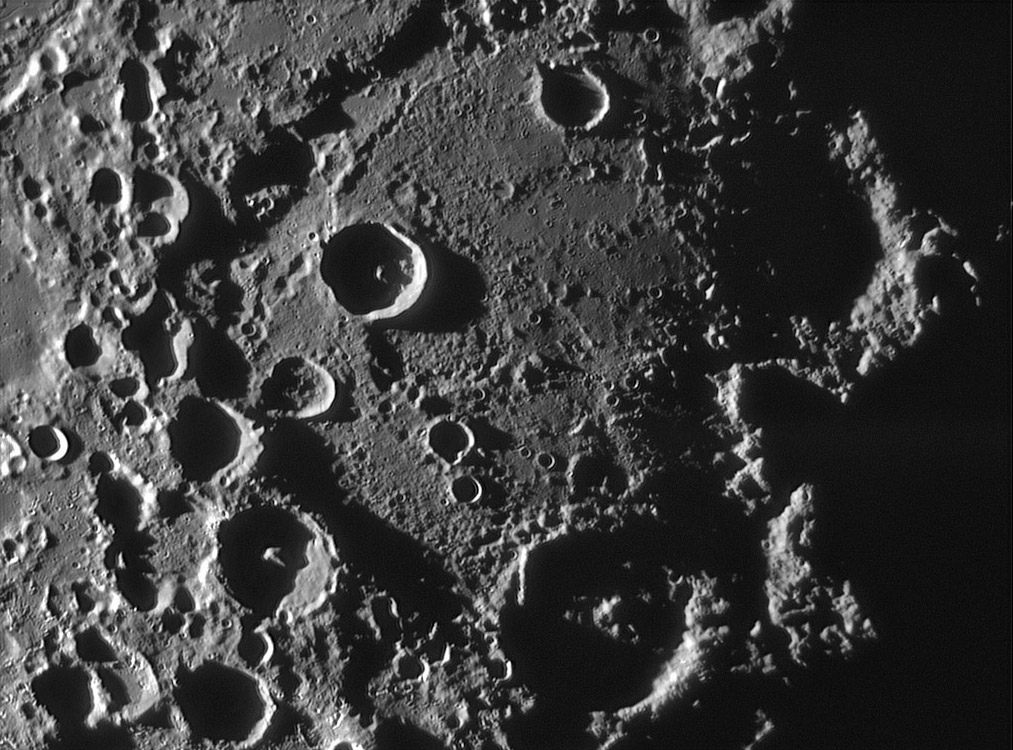Difference between revisions of "December 13, 2014"
| (One intermediate revision by the same user not shown) | |||
| Line 1: | Line 1: | ||
__NOTOC__ | __NOTOC__ | ||
=The Left Side of Hell= | =The Left Side of Hell= | ||
| + | <!-- Start of content --> | ||
<!-- ws:start:WikiTextHeadingRule:0:<h1> --> | <!-- ws:start:WikiTextHeadingRule:0:<h1> --> | ||
<!-- ws:start:WikiTextLocalImageRule:6:<img src="/file/view/LPOD-Oct10-08.jpg/41450163/LPOD-Oct10-08.jpg" alt="" title="" /> -->[[File:LPOD-Oct10-08.jpg|LPOD-Oct10-08.jpg]]<!-- ws:end:WikiTextLocalImageRule:6 --><br /> | <!-- ws:start:WikiTextLocalImageRule:6:<img src="/file/view/LPOD-Oct10-08.jpg/41450163/LPOD-Oct10-08.jpg" alt="" title="" /> -->[[File:LPOD-Oct10-08.jpg|LPOD-Oct10-08.jpg]]<!-- ws:end:WikiTextLocalImageRule:6 --><br /> | ||
| Line 6: | Line 7: | ||
<em>Originally published Oct. 10, 2008.</em><br /> | <em>Originally published Oct. 10, 2008.</em><br /> | ||
<br /> | <br /> | ||
| − | Every new low Sun image reveals more aspects of the lunar surface. Christian's exquisite view of the odd crater Deslandres is no exception. It reveals the ruggedness of the topography at a scale of one to two kilometers. Little craters and hillocks litter the landscape, but these are just the most recent of features deposited there. With a diameter of 256 km, [ | + | Every new low Sun image reveals more aspects of the lunar surface. Christian's exquisite view of the odd crater Deslandres is no exception. It reveals the ruggedness of the topography at a scale of one to two kilometers. Little craters and hillocks litter the landscape, but these are just the most recent of features deposited there. With a diameter of 256 km, [https://the-moon.us/wiki/Deslandres Deslandres] must have originally been 5-6 km deep, but now its only about 1.6 km so there is a great deal of infill. Probably the largest contributions were deposits from the formation of the Humorum Basin, with some ejecta also from Imbrium and Orientale. A line of largish secondary craters on the left side of Hell (the crater on the left with the brilliant eastern rim) have uncertain parentage. Extending the line as a great circle in both directions fails to convincingly line up with any basin or large crater. Hmm. <br /> |
<br /> | <br /> | ||
<em>[mailto:tychocrater@yahoo.com Chuck Wood]</em><br /> | <em>[mailto:tychocrater@yahoo.com Chuck Wood]</em><br /> | ||
Latest revision as of 18:09, 18 August 2018
The Left Side of Hell

image by Christian Viladrich, France
Originally published Oct. 10, 2008.
Every new low Sun image reveals more aspects of the lunar surface. Christian's exquisite view of the odd crater Deslandres is no exception. It reveals the ruggedness of the topography at a scale of one to two kilometers. Little craters and hillocks litter the landscape, but these are just the most recent of features deposited there. With a diameter of 256 km, Deslandres must have originally been 5-6 km deep, but now its only about 1.6 km so there is a great deal of infill. Probably the largest contributions were deposits from the formation of the Humorum Basin, with some ejecta also from Imbrium and Orientale. A line of largish secondary craters on the left side of Hell (the crater on the left with the brilliant eastern rim) have uncertain parentage. Extending the line as a great circle in both directions fails to convincingly line up with any basin or large crater. Hmm.
Chuck Wood
Technical Details
24 August 2008, 3h41mUT. Celestron 14 (extender QX1.6 Takahashi) + Skynyx 2.1M video camera + Astronomik red filter; exposure time: 29 ms, gain: 10, 12 bits acquisition, 500 frames.
Related Links
Rükl plates 64 & 65
Christian's lunar closeups
Yesterday's LPOD: Platoization
Tomorrow's LPOD: A New Rille?
COMMENTS?
Register, Log in, and join in the comments.



